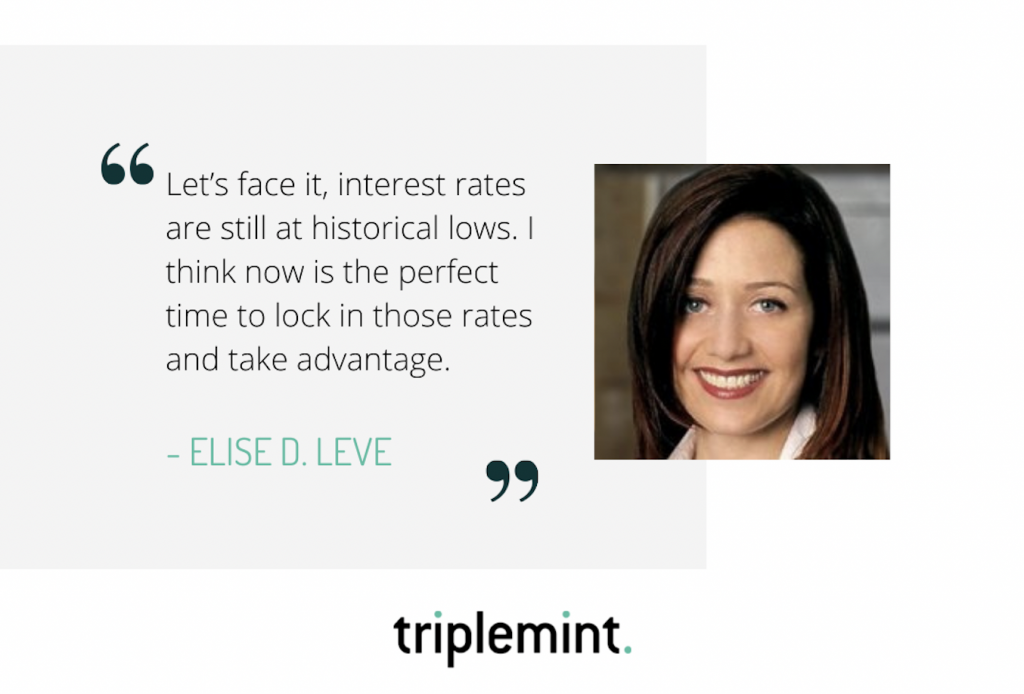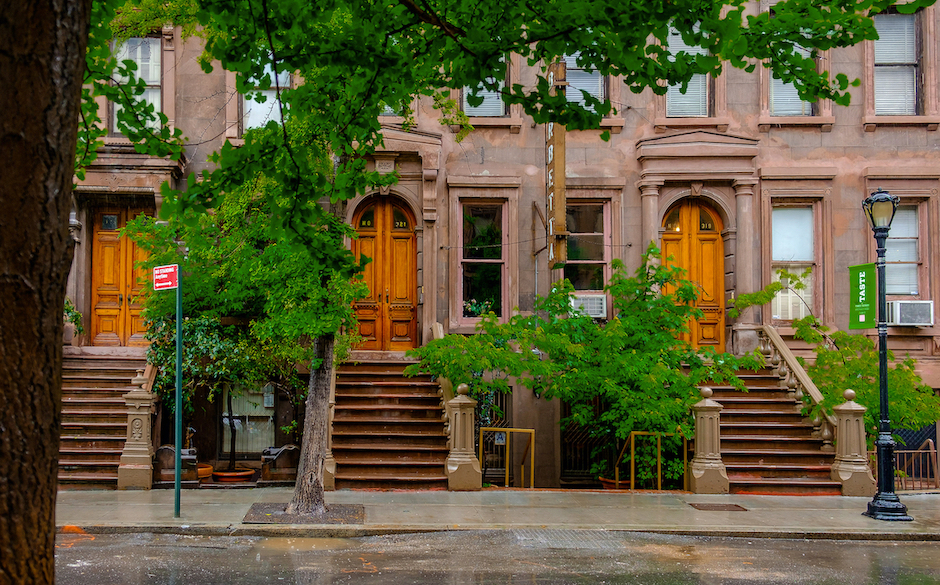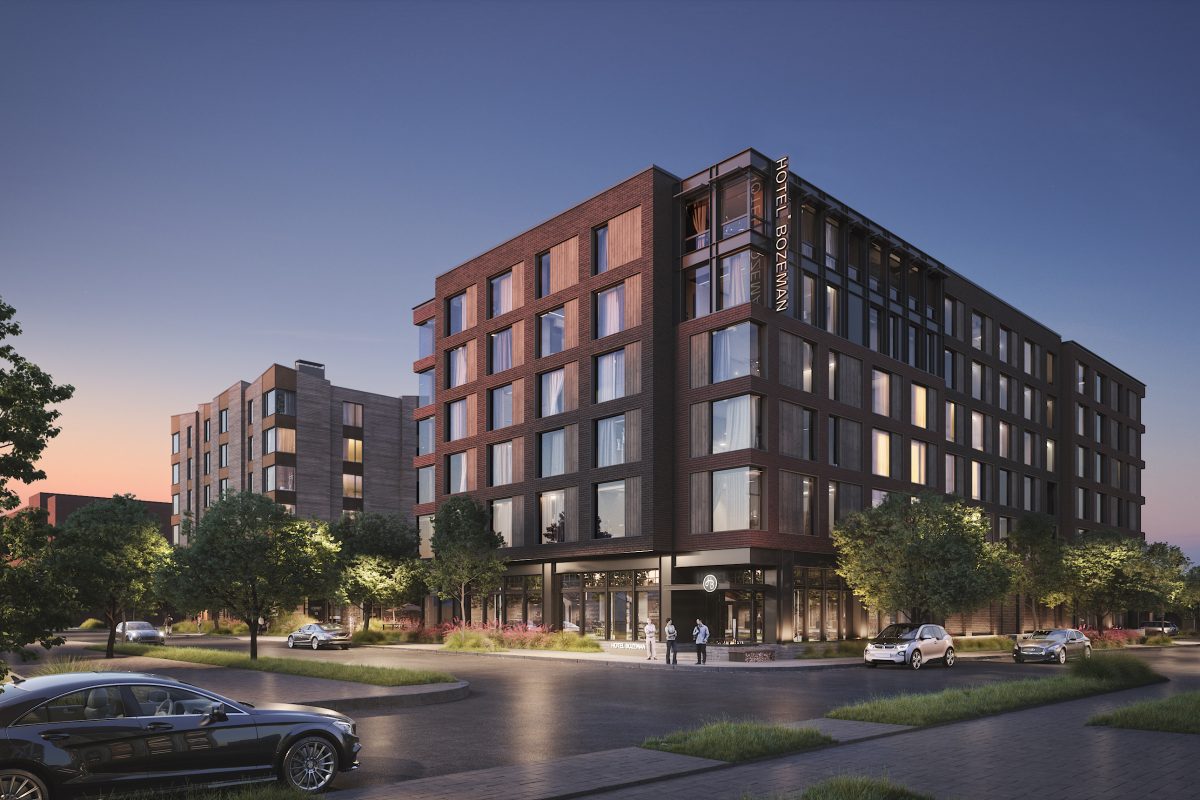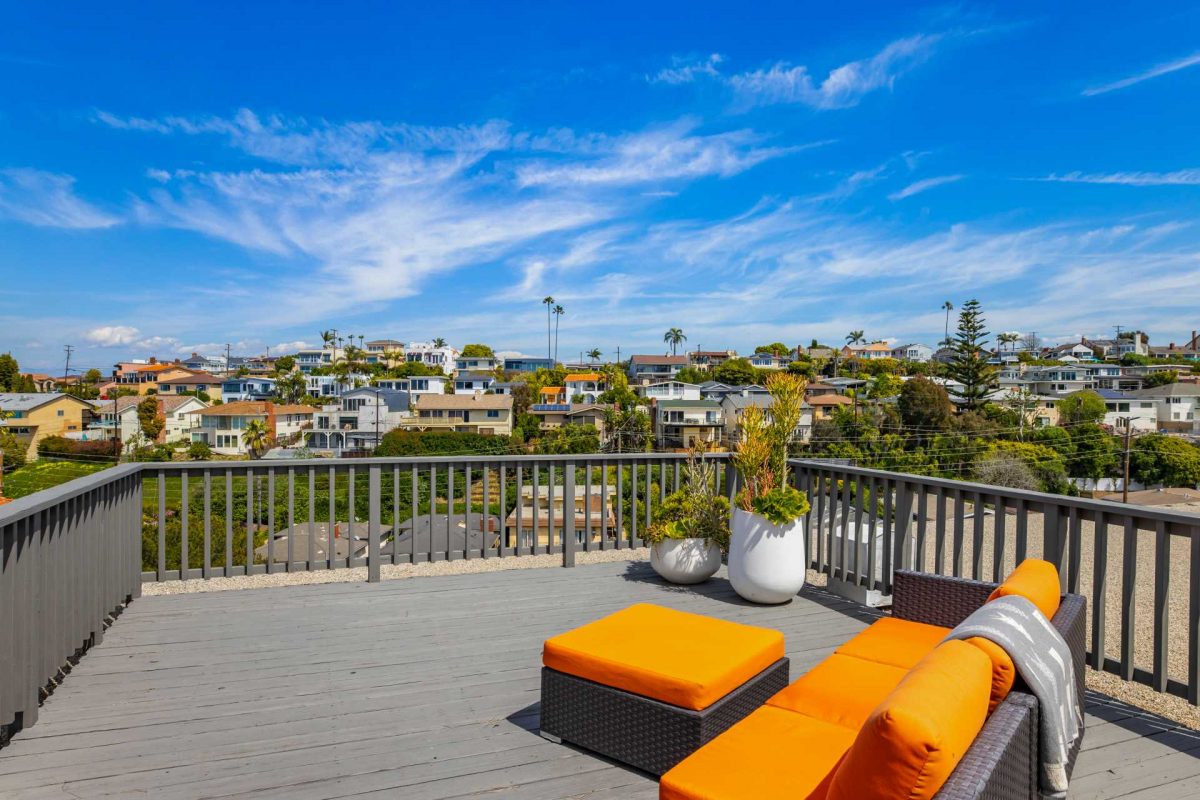The recently released consumer price index, a gauge for inflation that measures across dozens of items, reportedly rose 7% in December from the previous year. An increase this large provides strong evidence that the Fed will try to curb inflation by raising interest rates. For soon-to-be home buyers this rise in inflation will bring about higher mortgage rates.
With current mortgage rates slightly up from historic lows (and forecasted to increase), now is the perfect time to lock in a lower rate mortgage. We had the pleasure of speaking with Elise D. Leve, senior mortgage banker at Citizens Bank, about the forecasted rates and what this means for home buyers. Based in NYC, Elise conducts business throughout the tri-state area, inclusive of NYC, the Hamptons, and Westchester. She’s originated over $100 million in mortgages and has nearly 30 years of experience. In our Q&A below, Elise shares her knowledge and predictions on inflation, mortgages, and home buying in the coming months.
What are interest rates and how do they relate to home buying?
Elise: Mortgage interest rates are the cost or premium you will pay to borrow money from a bank for the purposes of purchasing real estate. Today’s rates, which are historically low, are in the 3.25% range for a 30-year fixed. To put this into perspective, mortgage rates reached their peak of the last decade at the end of 2018/beginning of 2019 with rates close to 5% for a 30-year fixed.
What’s been happening to interest rates over the past couple of years? What effect has this had on home buying and real estate?
Elise: Interest rates are primarily influenced by the state of inflation and the state of the economy. When inflation runs hot and the economy is strong, we tend to see an upward influence on rates. Even the psychology of investors who believe that inflation will increase in the future can have an upward impact on the rates of today.
During COVID, we have seen inflation surge due to the economic stimulus being pumped into the economy by the Fed. This was complemented by high consumer demand for cars, new housing, and investments in home goods and home improvement projects such as retrofitting rooms into home offices and home schools.
During inflationary times you would expect rates to jump. However, during COVID, the Fed has been buying Treasury bonds and mortgage-backed securities in enormous volume which has resulted in artificially low interest rates, until the last month. These low-interest rates attracted droves of buyers into the real estate market because money could be borrowed so cheaply.
What’s the forecast for interest rates in the next few months? Why?
Elise: At the November 3rd Fed meeting, it was officially announced that the Fed would start tapering their bond-buying purchases within the month of November. When the Fed tapers, they decrease their purchases of bonds over a period of time, such as 6 months. Without the Fed helping to artificially keep the interest rates down, rates will rise should inflation persist.
Should inflation continue to be out of control, the Fed will likely consider a tightening bias, which includes increasing the Fed funds rate. When the Fed raises rates, they are doing so to cool off the economy and tame inflation. As history shows, cooling off the economy may result in lower interest rates. However, the Fed can’t start that process of raising rates until they are done unwinding from their bond purchase program which will take a few more months. Therefore in the short term, we are likely to see interest rates continue to rise.

Will COVID variants, such as Omicron, influence interest rates?
Elise: If variant concerns continue to persist, then we could potentially see rates come back down in the shorter term. However, given these unprecedented times, it’s much harder to gauge how the markets will react given that they have been reacting differently during COVID. That being said, we generally should be seeing rates continuing to rise. Once the Fed’s rate hike begins, this could eventually lead to an economic slow down which in turn, would result in rates coming back down.
Do you believe that an increase in interest rates will cause housing prices to drop?
Elise: Generally, that tends to be the math. Since you have more people unwilling to purchase at higher interest rates, sellers having trouble moving their property will need to incentivize home buyers with lower prices.
In your opinion, what’s better: to get a low-interest mortgage at today’s rates and pay more for a house, or get a higher-interest rate mortgage, and pay less?
Elise: You can’t control the market. All you can do is adjust. You can always re-finance to get a lower rate, but you can’t control or influence real estate prices. If you were going to wait, what would be worse? If real estate prices went up or if mortgage rates went up? My opinion is that you can always re-finance and get in at the best possible time before real estate prices go up. Plus, you can mitigate the impact of rising prices if interest rates are low by purchasing points or considering interest-only options with lower payments.
What does all this mean for me as a home buyer?
Elise: Let’s face it, interest rates are still at unbelievably historical lows despite the recent 0.5% spike up. I think now is the perfect time to lock in those rates and take advantage. If it’s not the very bottom of the rate cycle, you can always refinance to get an even lower rate.
If you are considering buying a home and are hoping to lock-in a low mortgage rate, now is the time to act. Get started today by contacting Elise at elise.leve@citizensbank.com and by connecting with a Triplemint agent at hello@theagencyre.com. In the meantime, browse properties at www.theagencyre.com.




